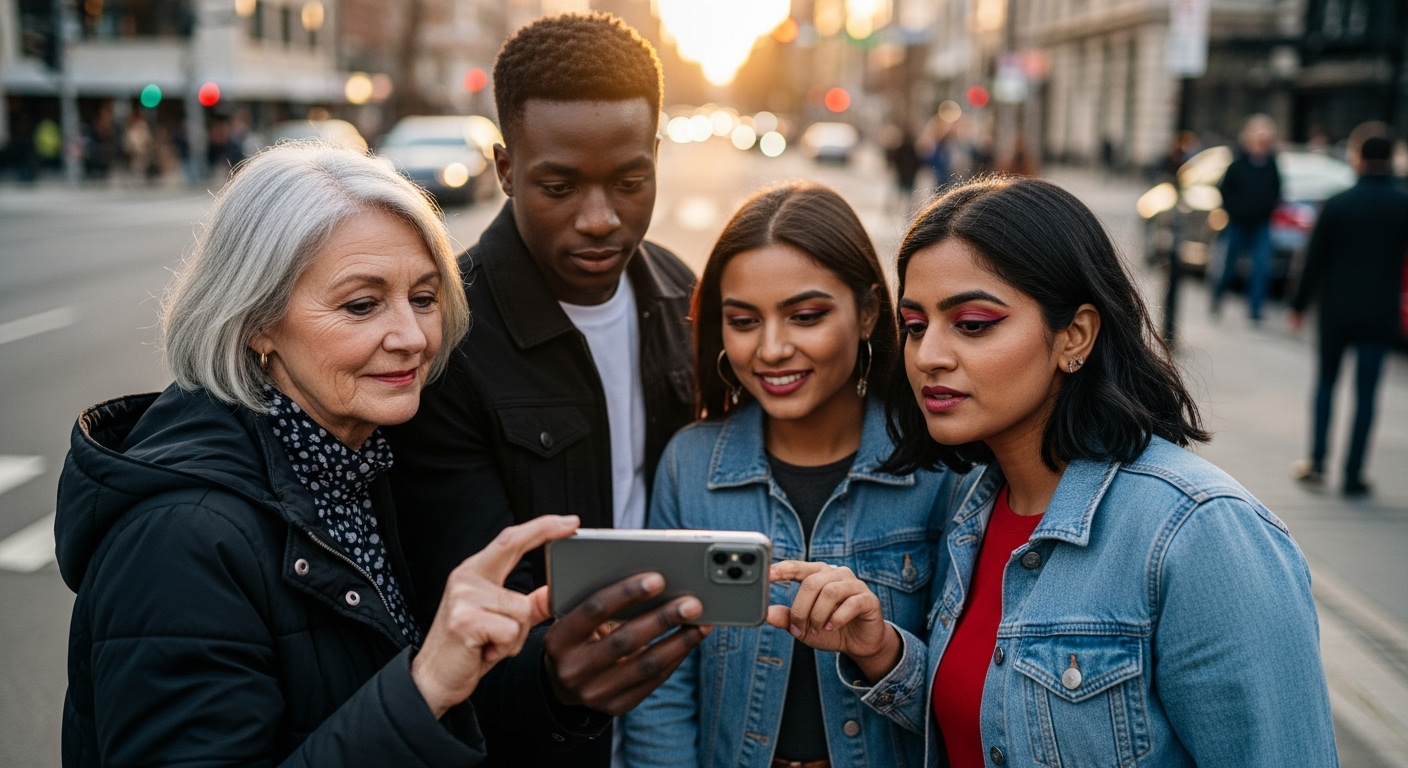The Emergence of Social Media Activism: A Modern Catalyst for Change
In the digital age, the way we communicate, work, and even protest has drastically changed. Social media platforms, initially designed for entertainment, have become powerful tools for activism. From the Arab Spring to the Black Lives Matter movement, social media activism is reshaping the landscape of societal change and collective action. Read below to discover how it is transforming modern society, one post, tweet, or share at a time.

Social Media Activism: A Brief History
Social media activism sprang from the marriage of technology and social change. In the early 2000s, the rising popularity of social networking sites like Facebook and Twitter provided a new platform for people to voice their opinions and mobilize en masse. These platforms not only democratized the access to information but also equipped individuals with the tools to become changemakers.
The 2011 Arab Spring was a turning point in social media activism. Protesters used Facebook, Twitter, and YouTube to organize demonstrations and disseminate information, challenging oppressive regimes across the Middle East and North Africa. The ability to mobilize rapidly and in large numbers highlighted the power of social media as a tool for social change.
Current Trends in Social Media Activism
Today, hashtags like #BlackLivesMatter, #MeToo, and #ClimateStrike have become symbols of social movements, rallying people around shared causes and amplifying marginalized voices. Social media activism has evolved beyond a tool for organization to a global platform for storytelling and consciousness-raising.
The rise of “slacktivism,” or low-effort online participation, however, has sparked debate. Critics argue that liking or sharing posts does little to effect real-world change. Despite this, research suggests that digital engagement can lead to offline action, indicating that even small online actions can contribute to larger societal shifts.
The Impact and Implications of Social Media Activism
Social media activism is revolutionizing the way we engage with social issues. It allows for decentralized, leaderless movements that can rapidly mobilize and adapt to changing circumstances. Moreover, it has democratized access to activism, providing everyone with a platform to share their stories and fight for their causes.
However, the rapid spread of information on social media can also lead to the dissemination of misinformation, creating a need for digital literacy. Furthermore, the ephemerality of online trends raises questions about the longevity and sustainability of movements born on social media.
Looking Ahead: The Future of Social Media Activism
The future of social media activism remains uncertain, with its potential and pitfalls closely intertwined. Nevertheless, it is clear that social media has irrevocably altered the landscape of activism. As we continue to navigate this digital age, understanding the dynamics of social media activism is crucial in harnessing its power for positive societal change.
In conclusion, social media activism has emerged as a potent tool for social change in the 21st century. As we grapple with its implications, one thing is certain: the digital revolution is here, and it is redefining the way we fight for justice and equality.




